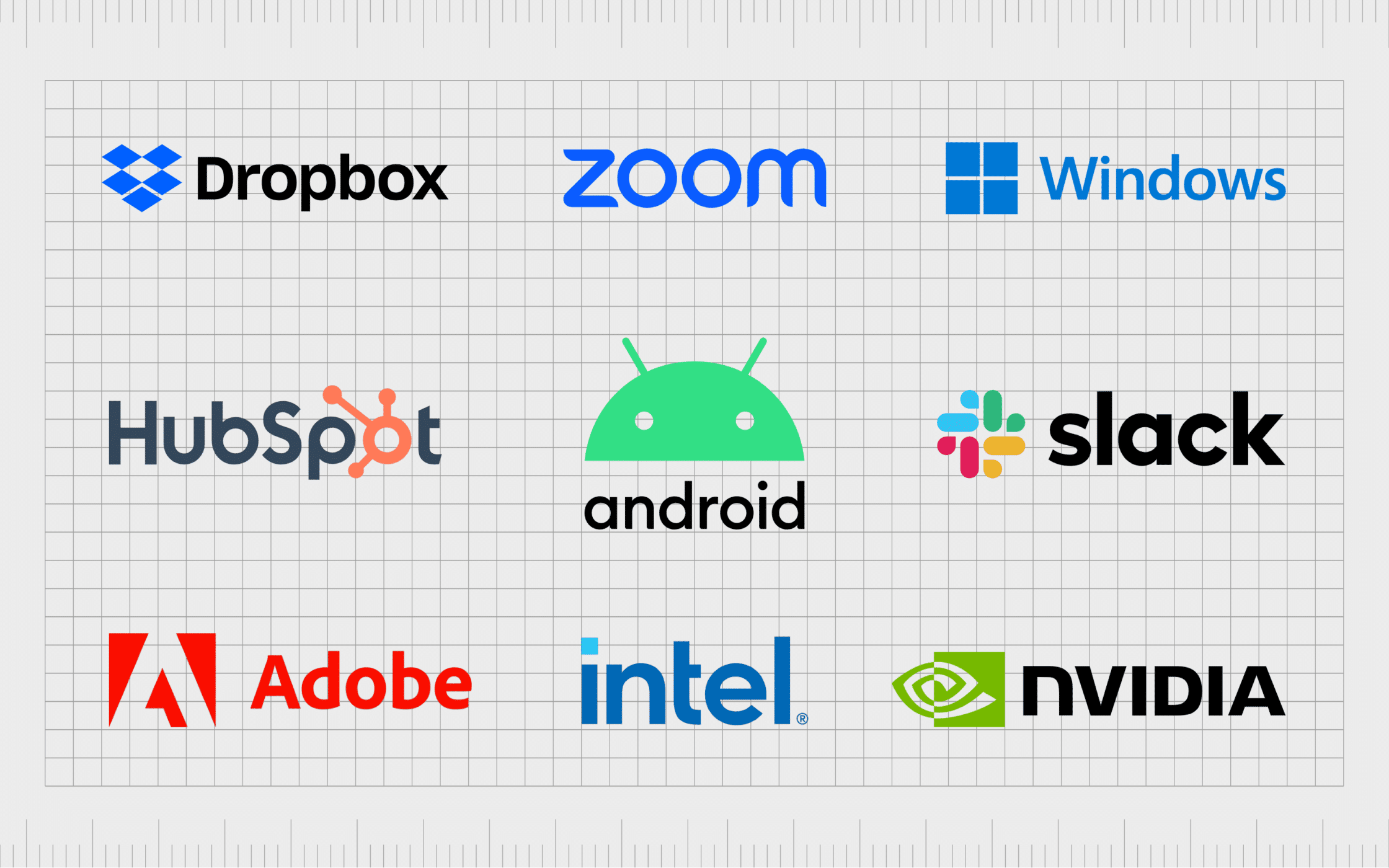Is the digital world truly as accessible and navigable as we believe? Despite advancements in technology and the proliferation of online platforms, a significant portion of the internet remains a labyrinth, filled with dead ends and elusive information.
The search for information, once a straightforward process, has become increasingly complex. The sheer volume of data, coupled with the varying degrees of accuracy and reliability, presents a formidable challenge to even the most seasoned internet users. We've all encountered the frustration of a search yielding nothing but "We did not find results for:" or the equally unhelpful "Check spelling or type a new query." This raises a fundamental question: are we, as users, truly equipped to navigate the digital landscape effectively? The promise of instant access to information, a cornerstone of the internet's early vision, seems to be fading into a reality where information is often hidden, fragmented, and difficult to access. The rise of sophisticated algorithms and the ever-evolving nature of search engine optimization have created an environment where valuable content can be easily buried, leaving users to sift through irrelevant results and paywalls.
Consider the technological behemoth, Yandex. A company that builds intelligent products and services, powered by the very machine learning that promises to streamline our online experience. Their stated goal is to "help consumers and businesses better navigate the online and offline world." However, the reality, even for a company like Yandex, is a complex interplay of algorithms, user behavior, and content availability. Even with sophisticated technology, the elusive nature of information remains a persistent challenge. The promise of easy access is constantly tested by the limits of search capabilities and the constant flux of the digital environment.
Beyond the technical challenges, linguistic and cultural barriers further complicate the search for information. The internet is a global space, but content availability is far from uniform. Seeking information in languages like Indonesian or Hindi can be particularly challenging if the sources are limited or the search terms are not precisely formulated. Navigating the nuances of language and cultural context becomes crucial to ensure accurate and relevant results. The digital divide, in terms of language accessibility, further contributes to the challenges users face in finding the right information.
The role of social media platforms, such as Twitter, offers a glimpse into how the global community navigates this landscape. Platforms like Twitter allow users to "masuk ke twitter untuk mengikuti percakapan dan berbagi ide dengan orang lain" - to participate in conversations and share ideas with others. However, the very nature of these platforms, with their reliance on algorithms and user engagement, can create echo chambers and filter bubbles. The information you encounter is often curated based on your past activity and the choices of those you follow, creating a tailored experience that may limit exposure to diverse perspectives and reliable sources. The unfiltered nature of many social media postings can easily lead users down rabbit holes of misinformation, further compounding the difficulties in discerning truth from falsehood.
Enter the tools designed to simplify the process, such as Sotwe. This is a tool created to help users navigate twitter content without having to log in directly to twitter. It functions as an aggregator, giving easy access to trending topics, tweets, and profiles. Such tools highlight a crucial point: Users are often seeking curated experiences that bypass the need to directly engage with potentially overwhelming platforms. The challenge for these aggregators is to provide a balanced, accurate, and unbiased view of the information. Users rely on these services to filter the noise, but it's important to remember that even aggregators apply their own filters and make choices about what content is displayed.
The entertainment landscape also offers a variety of digital experiences. Platforms like Indosemi, which "menyediakan link film semi halaman indonesia dan ribuan film dewasa 18+ untuk kamu tonton kapan saja dan dimana saja" - provide links to Indonesian-language adult films and thousands of adult films. This illustrates the diversity of content on the internet. While access is easy, the validity of such content, its age restrictions and the cultural sensitivities involved are important factors to consider. Access and curation are constantly at play.
The world of cinema also uses the internet to gain a wider reach. For instance, Lust Stories (2018), a collection of four short films from leading Indian directors, explores themes of intimacy, sex, and the complexities of love. "Dari perselingkuhan yang penuh gairah menjadi masam hingga penemuan kesenangan diri, semua cerita berfokus pada sudut pandang wanita india di ranah cinta dan seks." These films, often available with subtitles in various languages, including English, Portuguese, French, Japanese, Indonesian, Hindi, Khmer, Russian, and Filipino, offer a global audience a glimpse into Indian society and relationships. The availability of such content highlights the increasing interconnectedness of the digital world, yet again, underlining the potential for users to engage across global communities.
The digital landscape presents a complex challenge, far beyond simple searches. The ability to distinguish reliable information from misinformation, to navigate language barriers, and to be aware of the biases of algorithms are essential skills for anyone seeking to make the most of the online world. It demands a level of critical thinking, a knowledge of available tools and a constant awareness of the changing digital environment. The search for knowledge in the digital world requires both the tools and the understanding to successfully navigate the complex landscape of content creation and distribution.
| Feature | Description |
|---|---|
| Technology Company Example | Yandex |
| Company Focus | Intelligent products and services powered by machine learning. |
| Company Goal | To help consumers and businesses better navigate the online and offline world. |
| Challenges Faced | Navigating the online and offline world |
| Social Media Example | |
| Purpose of Twitter | To participate in conversations and share ideas with others. |
| Twitter Challenges | Reliance on algorithms and user engagement, echo chambers. |
| Tool example | Sotwe |
| Purpose of Sotwe | To help users navigate twitter content without having to log in directly to twitter. |
| Function of Sotwe | Functions as an aggregator, giving easy access to trending topics, tweets, and profiles. |
| Film Example | Lust Stories (2018) |
| Content of the Film | Explores themes of intimacy, sex, and the complexities of love. |
| Language Availability | English, Portuguese, French, Japanese, Indonesian, Hindi, Khmer, Russian, Filipino |
The challenges of online navigation are compounded by the ever-present nature of the internet and the ease of access to entertainment and information. However, it is imperative that users are aware of how these platforms and resources are structured and the way information is disseminated within them. The evolution of the internet shows the necessity to develop skills required to interpret the data, understand the mechanisms and be aware of the potential risks.


